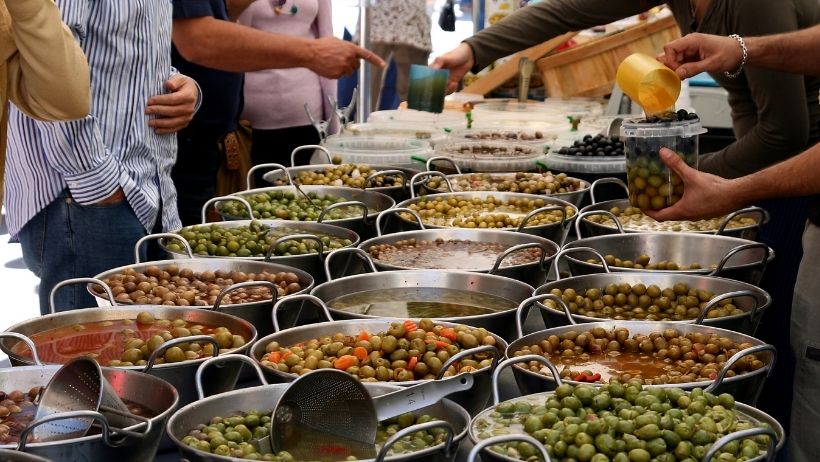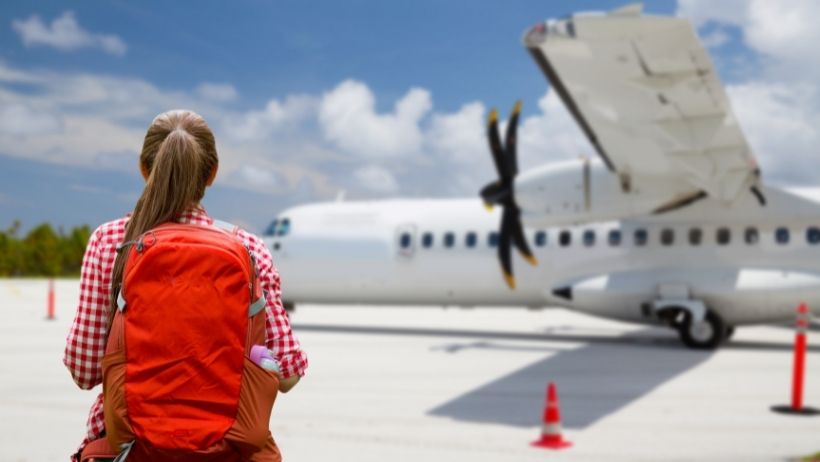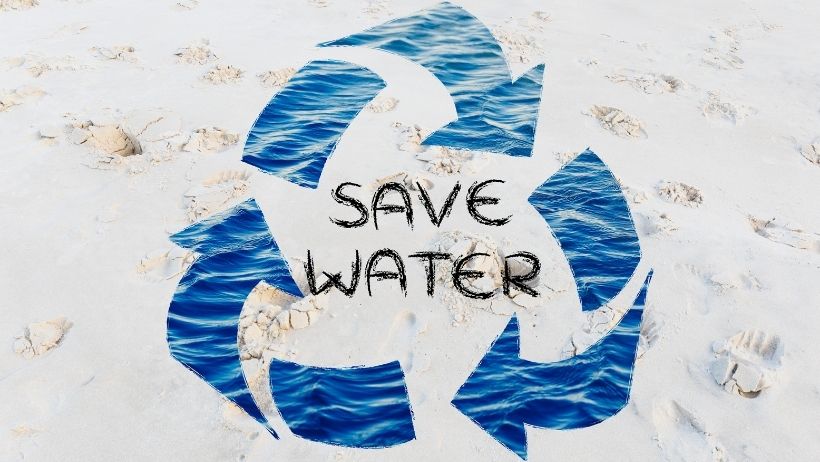11 Travel tips for sustainable vacations
There are numerous ways to behave like a tourist, more sustainably. The fact that hotels offer to no longer wash their towels every day saves them money. But it also reduces water consumption and water pollution from detergents. Choosing small local accommodations instead of hotel chains. And local restaurants instead of international fast food ensures that the money stays at the travel destination.
Sustainable tourism also means behaving more carefully. In many countries, there is no way of disposing of hazardous waste such as old batteries in an environmentally friendly manner. Therefore, it is best to do without such items when packing your suitcase.
Speaking of being careful: During the corona pandemic, you should find out which regulations and restrictions apply at the destination before you leave. Distance and masks are still mandatory in most places.
Definition of sustainable tourism – what does that mean?
What is meant by this is a form of tourism that, in the best-case scenario, does not have any negative consequences for nature and the population at the destination. Those who travel gently or sustainably, pollute the environment as little as possible and try not to (negatively) change the culture in the travel destination, but rather adapt. With our 11 tips, we’ll show you what exactly constitutes gentle tourism – from getting there and getting around to choosing your accommodation and tips.
Tip # 1: Nearby travel destinations
Sustainable tourism is when the holiday destinations are close by. Distant islands or other continents do not always have to be visited, even if our local lakes invite you to swim or alpine hikes bring us closer to nature.
It’s even trendy: micro-adventures are about not looking for the adventure in exotic locations, but very close by. Take a city tour in your city, camp in the neighboring village instead of abroad, take public transport to the end of the city in the city, explore the area there – and then hike home on foot.
Tip # 2: More sustainable means of transport
Finding nearby destinations has a second advantage: You can reach them by train, bus or even by bike. In this way, you almost automatically travel much more environmentally friendly than by car or plane. Elsewhere, for example, has profound instructions for European rail travel destinations.
Even on vacation itself, green tourism is possible by doing without a car: Bicycles can be rented without any problems on the islands in northern Germany and many cities. In the Alps, too, some have specialized in environmentally-friendly mobility concepts, such as the 25 locations of the “ Alpine Pearls ” with locations in Germany, Austria, Switzerland, Italy, France, and Slovenia.
 Tip # 3: Plane, train, or bus?
Tip # 3: Plane, train, or bus?
Of all types of vacation, flying is the most environmentally damaging one. The emission of greenhouse gases is enormous and even a single flight can produce more CO2 than you would otherwise leave in the whole year. According to Atmosfair, a flight from Munich to Athens causes around 570 kg of CO 2 – that is already around a quarter of a person’s climate-friendly CO2 “annual budget”.
If you travel by bus and train, the climate is much better off: According to the Federal Environment Agency, long-distance buses and trains emit an average of 29 or 32 grams of greenhouse gases per kilometer driven. Also read Comparison of long-distance bus, car, train, plane, where we also present long-distance bus routes.
Tip # 4: Car sharing vacation
When traveling in the immediate vicinity, the car is often the cheapest means of transport. But unfortunately not the most environmentally friendly: CO 2 consumption is around 150 grams per person and kilometer.
You can also form carpools for vacation trips – or use car-sharing offers for local vacations if the place cannot be reached by bus or train.
Tip # 5: Avoid rental cars
Cars are simply a problem, at least when it comes to sustainable tourism.
If you take the train instead of the car, you save yourself from exhausting traffic jams.
So if you can, don’t take a rental car, instead use public transport. In this way, you also get a much more intensive impression of the country and its people and get an insight into everyday life and contact with locals. And the consumption of pollutants is also lower. In France, for example, buses only cost a few euros.
Tip # 6: Avoid Flights
If you still want to fly, you should at least do it sensibly. Instead of taking a three-week short vacation with flights, gentle tourism means going on vacation only once for three weeks. This reduces the burden on your climate gas footprint by a third.
Tip # 7: Travel with little luggage
The heavier bags and suitcases, the more CO2 is generated when going on vacation. With gentle tourism, you only pack as much as you need.
Another advantage: you don’t have to lug around as much laundry. And then wash less too.
Tip # 8: Save water
Also make sure that water consumption is low during the holidays, especially in southern countries. Don’t shower too long. Use your towels for several days in a row so that they don’t have to be washed as often. Many hotels now actively inform their guests about water consumption by washing the towels and only cleaning them if you leave the towels on the floor.
Tip # 9: No air conditioning
The air conditioning in the hotel room (and not only there) is one of the biggest energy guzzlers. And completely absurd: Although it gets colder in the room, the rest of the world gets even warmer – so that one would need even more air conditioning. In any case, that is not sustainable tourism.
If you cannot avoid using it, make sure to switch off the air conditioning when leaving the room. A refrigerator at the seaside resort is also not particularly healthy.
Tip # 10: Support the local economy
Discover more than what is in the travel guide during your vacation trip. Eat-in local restaurants, buy souvenirs in small shops, and try regional specialties typical of the country. In this way, you support the local economy and experience foreign cultures up close.

Tip # 11: Organic hotel, organic farm and Co.
Organic domiciles are fine examples of sustainable tourism: organic hotels , for example, use resources more consciously and sparingly, reduce waste and prefer to serve regional organic cuisine when they eat. In the vast majority of cases, vegetarian and vegan dishes are also available.




